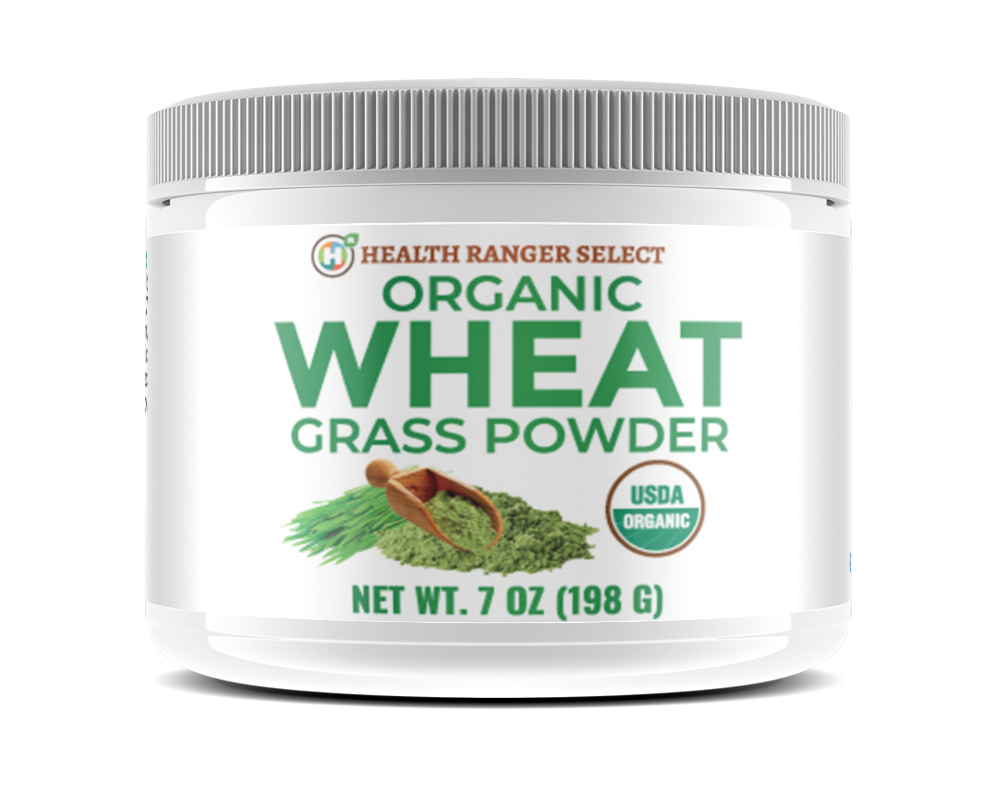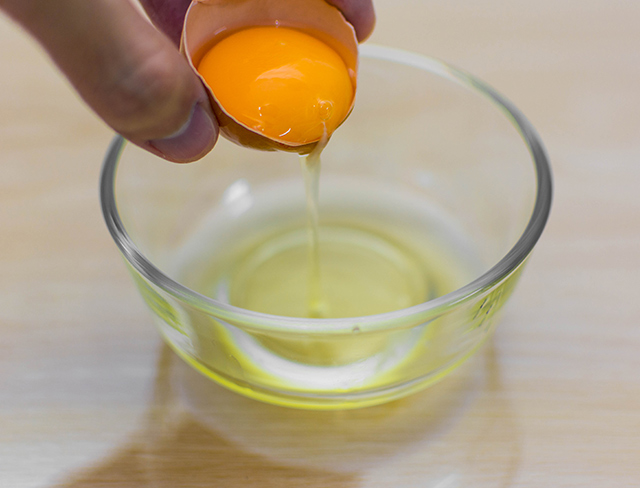Rosemary, known as a sacred plant in ancient Greece, found to possess anticancer properties
03/02/2019 / By Isabelle Z.

If you thought rosemary’s abilities were limited to adding some flair to chicken and roasted potatoes, think again. Studies have shown that it can be surprisingly beneficial in preventing and reversing cancer, particularly when it comes to breast cancer.
This evergreen herb with its distinctive scent comes from the mint family, and like its cousin oregano, it has plenty to offer in the way of therapeutic uses. It’s a native to the Mediterranean and its use there dates back to 500 B.C., when ancient Greeks and Romans used it as a medicinal herb as well as for cooking. Most of the commercial dried rosemary sold in the U.S. today comes from Spain, France and Morocco, but it’s very easy to grow it yourself if you live in a temperate area – and scientists have found many great reasons why you might want to do so.
Studies have shown that it can stop human leukemia and breast cancer cells from spreading, prevent tumors from growing, and stop cancer-causing agents from forming.
Its anticancer properties can largely be attributed to its high levels of potent antioxidants like rosmarinic acid, carnosic acid, and vitamin E. The carnosol in particular can help detoxify the substances that spur the growth of breast cancer tumors.
According to a 2007 study carried out in Romania, 95 percent of women with stage 3 or 4 breast cancer who consumed a rosemary-rich salad noted a significant reduction in oxidative stress.
It’s particularly useful for the four fifths of women with breast cancer who have the ER-positive variety, which means their cancer cells grow as a response to estrogen. Tamoxifen, which is normally used to block estrogen’s effects in such women, has a host of unpleasant effects like vaginal bleeding, nausea and hot flashes and is even a carcinogen itself, so the idea of using a plant instead is extremely attractive. Research shows rosemary can inactivate hormones naturally by stimulating enzymes in the liver that shut down aggressive types of estrogen.
Rosemary can also improve memory
Rosemary’s benefits don’t end there. It can also help to improve your memory. A study carried out at Northumbria University found that students who worked in a room where rosemary essential oil was diffused in the air noted memory test improvements of between 5 and 7 percent, causing sales of the herb to spike.
A study in Therapeutic Advances in Psychopharmacology, meanwhile, showed that its smell can boost concentration, speed, accuracy and performance, and it’s considered to be a cognitive stimulant that can improve focus. Perhaps that’s why ancient Greek students used to wear garlands of rosemary during exams?
Rosemary can also help to prevent brain aging and macular degeneration, and studies have shown it could be useful for treating indigestion and stroke.
Keep in mind, however, that rosemary oil is very potent, so you don’t want to ingest it directly. However, there’s nothing stopping you from adding the fresh herb to your cooking – unless you’re pregnant, in which case it should be avoided given its influence on hormones. Seek the fresh herb, and make sure it’s organic. It pairs well with roasts, fish, meat, sauces and stews. It can also be used in tea. Interestingly, a report in the Journal of Food Science showed that rosemary can help stop cancer-causing agents from forming in ground beef when it cooks.
Once you get organic rosemary and start experimenting, you’ll be surprised by all the different ways you can incorporate this herb into your diet so you can enjoy its anticancer and memory-enhancing properties in addition to a great meal!
Sources for this article include:
Tagged Under: anticancer, breast cancer, cognition, essential oil, herbal medicine, Herbs, leukemia, memory, natural medicine, prevention, research, Rosemary




















